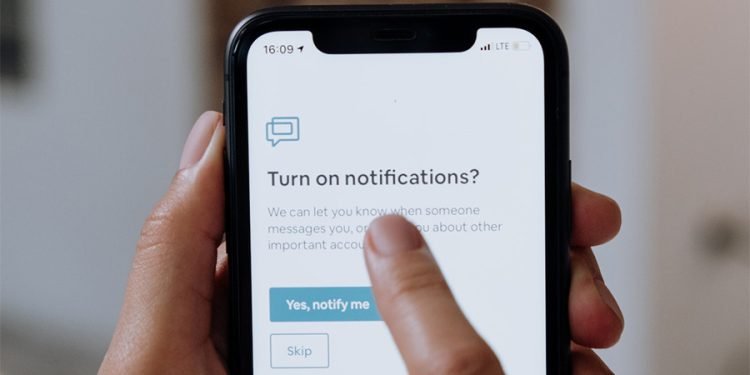Users are understandably wary about disclosing private information online these days. Working with a push notifications supplier like https://www.nashpush.com/ that values data privacy may help businesses win the trust of their consumers. If users have faith that their data is safe, they are more likely to respond to push notifications and continue using the app or website. By sending push notifications to their clients, enterprises might learn sensitive details about them, such as their preferences. A reliable service provider will use measures to protect customer information from theft, misuse, and unapproved access. This protects users’ privacy and helps businesses comply with data protection regulations. Problems with data security or incorrect handling of consumer information may damage a company’s reputation.
By partnering with a provider that puts a focus on security and safety, businesses may lessen the possibility of incidents like this occurring and safeguard their reputations. Customers are more receptive to push notifications when they believe their data is safe. If the provider is concerned about users’ safety, they are more inclined to keep using the product. When a business grows and becomes more successful, data security becomes more important than ever. If you pick a provider that takes security seriously, your push notifications will continue to function as your user base expands and new dangers develop.
Privacy protections implemented by reputable push service providers
Push notification services use a variety of safeguards to ensure the privacy and security of their consumers. Several of these precautions include:
- All communications between a provider’s servers and a customer’s device are encrypted. This will ensure that the notice’s contents, including any sensitive information, remain secure throughout transit.
- Service providers for push notifications often use robust, redundant infrastructure to host their services.
- Providers safeguard customer information by following industry standards for protecting sensitive data and complying with any applicable privacy laws. They are careful about what information they collect and store, so consumers can be certain that their privacy will be protected.
- In order to prevent unauthorized access, providers use rigorous authentication mechanisms, such as API keys or authorization tokens, to verify the authenticity of the businesses or apps sending warnings.
- Suppliers open up their push notification solutions to businesses by providing secure APIs. These APIs may be used to protect against common security threats including injection attacks and cross-site scripting.
- Providers conduct frequent security audits to look for vulnerabilities and unusual activity in their systems. This approach has the potential to speed up the process of identifying and fixing security issues.
- Companies and apps that have been found to be abusive or in violation of provider policies may be added to a blacklist. Users may also report spam or undesirable notifications using the available channels.
- Companies require user permission to send push notifications due to providers’ stringent regulation of user consent. Users may modify their notification preferences or choose to no longer get any alerts at all.
These precautions are taken by push notification service providers to ensure the safety of their users’ personal information and to improve the quality of their service as a whole. Companies will be able to communicate with their customers securely and ethically, and users’ personal information will be protected.























































